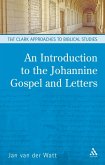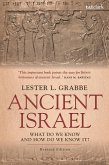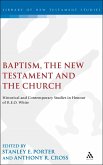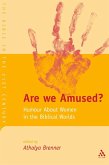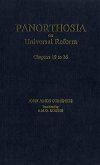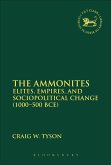Mason here provides a valuable basic orientation to the modern reading of these short and often difficult prophetic books. By carefully surveying and evaluating the historical critical options that have been proposed during the last century, Mason then outlines the message of these books within a post-exilic, canonical context.
In the face of differing critical opinion as to what does, and what does not, come from Micah in the book of Micah, the position taken here is that the book has to be read finally as a coherent postexilic tract which re-interprets the prophet's message in the light of the situation after the exile.
For Nahum and Obadiah, which have so often received a bad press because of their theology of apparent hate for the foreigner, it is argued that the function the books were designed to serve in the Book of the Twelve must be taken seriously.
In the face of differing critical opinion as to what does, and what does not, come from Micah in the book of Micah, the position taken here is that the book has to be read finally as a coherent postexilic tract which re-interprets the prophet's message in the light of the situation after the exile.
For Nahum and Obadiah, which have so often received a bad press because of their theology of apparent hate for the foreigner, it is argued that the function the books were designed to serve in the Book of the Twelve must be taken seriously.




